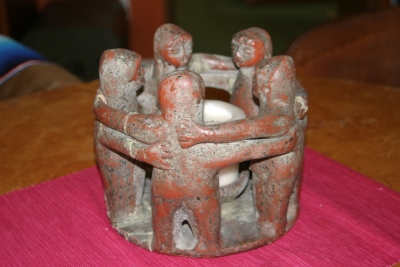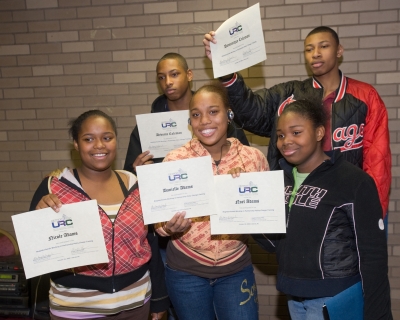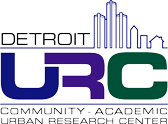Our Mission

Our work is valuable at this critical time in the history of Detroit, when asking questions of direct relevance to the community is of supreme importance, and the most intractable problems in the city are the ones most deserving of our attention.
Our mission is to enhance understanding of the relationship between the social and physical environmental determinants of health, and translate that knowledge into public health interventions, programs, and policies aimed at promoting health equity. The Detroit URC seeks to maintain an effective partnership that identifies problems affecting the health of residents in Detroit and promotes and conducts interdisciplinary, community-based participatory research which recognizes, builds upon and enhances the resources and strengths in the communities involved.
Our Goals:
- Foster, enhance the capacity of, and sustain collaborative, community-based participatory research partnerships between academic institutions and Detroit-based organizations whose work focuses on promoting health equity.
The Detroit URC engages in research that strengthens the ability of partners to develop, implement, evaluate and disseminate basic etiologic research and health promotion, disease prevention and health services programs aimed at reducing health inequities. The Detroit URC applies the knowledge gained to help promote new CBPR projects in the city of Detroit and elsewhere.
- Enhance the capacity of academic, community and health practice entities to conduct and promote community-based participatory research as a viable approach to promoting health equity. The Detroit URC advocates for policies that encourage CBPR within research funding agencies, academic institutions (e.g., related to faculty tenure and promotion) and academic journals (e.g., editorial policy, the peer review process) and uses the knowledge acquired about CBPR and community health to expand the capacity of researchers, health professionals and community members to use a CBPR approach.
- Enhance the capacity of academic, community and health practice entities to engage in policy advocacy processes.
- Translate research findings to advance policy formulation, dissemination and education at all levels of government and within organizations, agencies and systems.

The Detroit URC uses the knowledge gained through its CBPR projects to advance public health policy formulation, dissemination and education at all levels of government and within organizations, agencies and systems.
- Maintain, enhance and sustain the Detroit Community-Academic Urban Research Center in order to accomplish its mission.
Through the guidance and governance of the URC Board, the URC seeks to maintain, enhance and, if appropriate, expand the focus and scope of the URC core infrastructure.
Revised and Adopted by the Detroit URC Board on June 13, 2013.



